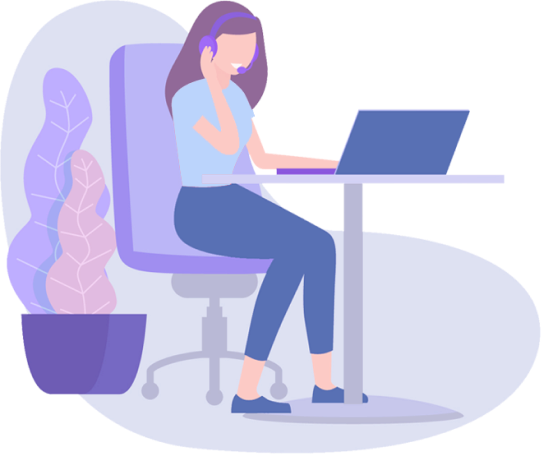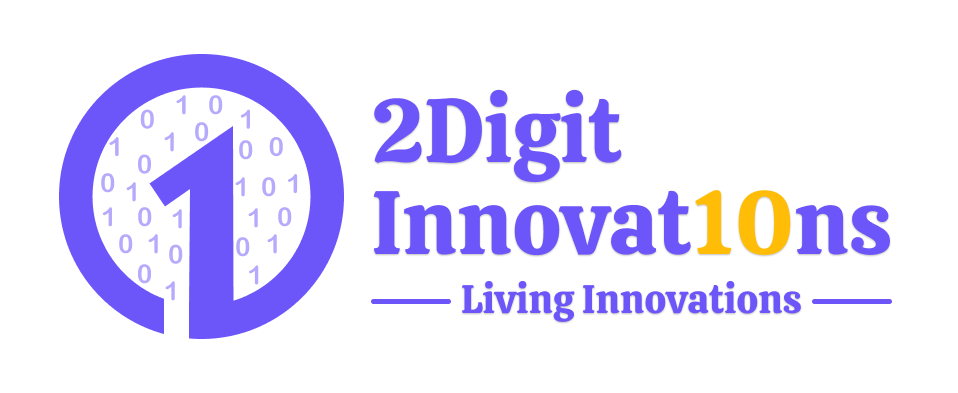How Much Does It Cost to Develop an Appointment Booking/Scheduler App?
13 Jun 24
How Much Does It Cost to Develop an Appointment Booking/Scheduler App?
Ever wondered how much it would cost to develop an appointment booking/scheduler app? Whether you're a business owner looking to streamline your booking process or an entrepreneur with a brilliant app idea, understanding the costs involved is crucial. Developing an appointment booking app can seem like navigating a maze, but don't worry—I'm here to guide you through it. From basic features to advanced functionalities, let's break down the factors that influence the cost of building such an app. --- Table of Contents | Sr | Headings | |-----|----------| | 1 | Introduction | | 2 | Why Build an Appointment Booking/Scheduler App? | 3 | Key Features of an Appointment Booking App | 4 | Factors Influencing Development Costs | 5 | Platform Choice: iOS, Android, or Both? | 6 | Design and User Experience | 7 | Backend Development and Database | 8 | Third-Party Integrations | 9 | Security and Compliance | | 10 | Development Team: In-House vs. Outsourcing | 11 | Cost Breakdown by Development Stages | 12 | Hidden Costs and Maintenance | 13 | Case Studies and Examples | 14 | Conclusion | 15 | FAQs --- Why Build an Appointment Booking/Scheduler App? Streamlining Processes An appointment booking app can significantly streamline your business operations. By automating scheduling, you can reduce the time and effort spent on manual bookings, minimize no-shows, and enhance customer satisfaction. Enhancing Customer Experience Customers love the convenience of booking appointments online. An app provides them with the flexibility to book, reschedule, or cancel appointments at their convenience, leading to a better overall experience. Competitive Edge In today’s digital age, having an app can give you a competitive edge. It shows that your business is modern, tech-savvy, and customer-focused. --- Key Features of an Appointment Booking App User Registration and Profiles Allowing users to create and manage profiles is a fundamental feature. It enables personalized experiences and saves user preferences for future bookings. Calendar Integration Integration with calendars (like Google Calendar, Apple Calendar) ensures that users can sync their appointments seamlessly. Push Notifications Push notifications are crucial for reminding users of upcoming appointments, reducing no-shows and cancellations. Payment Gateway Integration Integrating payment gateways allows users to pay for their appointments directly through the app, providing a hassle-free payment experience. Review and Rating System A review and rating system can help build trust among users by showcasing feedback from other customers. Admin Panel An admin panel is essential for managing appointments, users, payments, and other administrative tasks efficiently. --- Factors Influencing Development Costs Platform Choice: iOS, Android, or Both? Developing for iOS, Android, or both platforms significantly affects the cost. iOS development typically requires expertise in Swift or Objective-C, while Android development needs Java or Kotlin. Developing for both platforms increases the cost but also broadens your reach. Design and User Experience Importance of Good Design A well-designed app attracts and retains users. Investing in UI/UX design ensures your app is intuitive, easy to use, and visually appealing. Custom vs. Template Design Custom designs are tailored to your brand and user needs but come at a higher cost. Template designs are cheaper but might not provide the unique experience you desire. Backend Development and Database Building the Backbone Backend development involves setting up servers, databases, and APIs to handle data storage, user authentication, and other functionalities. The complexity of backend features can significantly influence costs. Third-Party Integrations Adding Extra Features Integrating third-party services like payment gateways, calendar sync, and social media logins can enhance your app’s functionality but also add to the development cost. Security and Compliance Protecting User Data Ensuring your app complies with data protection regulations (like GDPR) and has robust security measures (like encryption) is crucial. These requirements can increase development time and costs but are essential for user trust. Development Team: In-House vs. Outsourcing Choosing the Right Team Hiring an in-house team gives you more control but is typically more expensive due to salaries, benefits, and infrastructure costs. Outsourcing can be cost-effective and provide access to a wider talent pool, but requires careful management to ensure quality. --- Cost Breakdown by Development Stages Planning and Research Before development begins, investing time in planning and research ensures you understand your target audience, market needs, and app requirements. This stage can cost between $5,000 and $15,000. Design Design costs can range from $10,000 to $50,000, depending on the complexity and customization of the UI/UX. Development Development is the most significant cost. For a basic app, expect to spend around $30,000 to $50,000. For more complex apps with advanced features, costs can soar to $100,000 or more. Testing and QA Testing ensures your app is bug-free and works seamlessly. This stage can cost between $5,000 and $20,000. Deployment and Launch Launching your app on platforms like Google Play and the Apple App Store involves fees and promotional costs, ranging from $2,000 to $5,000. Maintenance and Updates Post-launch maintenance is crucial for fixing bugs, adding new features, and ensuring compatibility with new OS versions. Annual maintenance can cost between $10,000 and $30,000. --- Hidden Costs and Maintenance Regular Updates Technology and user expectations evolve. Regular updates are necessary to keep your app relevant and functional, adding to the ongoing costs. Marketing and Promotion To attract users, you’ll need to invest in marketing and promotion, which can range from a few thousand dollars to much more, depending on your strategy. Support and Customer Service Providing customer support for users can involve additional costs, especially if you offer 24/7 service. --- Case Studies and Examples Case Study: Salon Booking App A salon booking app with basic features like user registration, appointment scheduling, and payment integration cost around $60,000 to develop. The app saw a significant increase in customer bookings and improved operational efficiency. Case Study: Medical Appointment Scheduler A medical appointment scheduler app, which included advanced features like telemedicine, secure data storage, and insurance integration, cost approximately $150,000. The app helped reduce patient wait times and improved healthcare accessibility. --- Conclusion Developing an appointment booking/scheduler app is a valuable investment for businesses looking to streamline operations and enhance customer experience. While the cost can vary widely based on features, platform choice, and design complexity, careful planning and a clear understanding of your needs can help manage expenses. Whether you choose to develop in-house or outsource, prioritizing user experience and robust functionality will ensure your app’s success in the competitive market. --- FAQs 1. How long does it take to develop an appointment booking/scheduler app? The development timeline can vary based on complexity but typically ranges from 3 to 9 months. 2. What are the essential features of an appointment booking app? Key features include user registration, calendar integration, push notifications, payment gateway, and an admin panel. 3. Can I develop an appointment booking app for both iOS and Android? Yes, but it will increase the development cost and time. Cross-platform development frameworks can help streamline the process. 4. How do I choose between an in-house team and outsourcing? Consider factors like budget, control, expertise, and time. In-house teams offer more control, while outsourcing can be more cost-effective. 5. What are the ongoing costs after the app is launched? Ongoing costs include maintenance, updates, marketing, and customer support, typically ranging from $10,000 to $30,000 annually. --- Investing in an appointment booking/scheduler app can revolutionize how you manage bookings and engage with customers. By understanding the costs involved and planning accordingly, you can develop a high-quality app that meets your business needs and delights your users.


CALL
Ready to Work Together In New Projects ?
Services
App Development
Web App Development
Digital Marketing
UI And UX Designing
Custom Mobile And Web Development
Free Tools
Quick Links
Our Apps
Find us on Clutch
Privacy & Policy
Shipping & Delivery Policy
Return & Refund Policy
Terms & Condition
FAQs
Legal
Contact
Hyde Park Crown First Floor, FF-14-21 Plot No GH-03 Sector-78, Noida, Uttar Pradesh 201306
info@2digitinnovations.com
+91 7814042409
